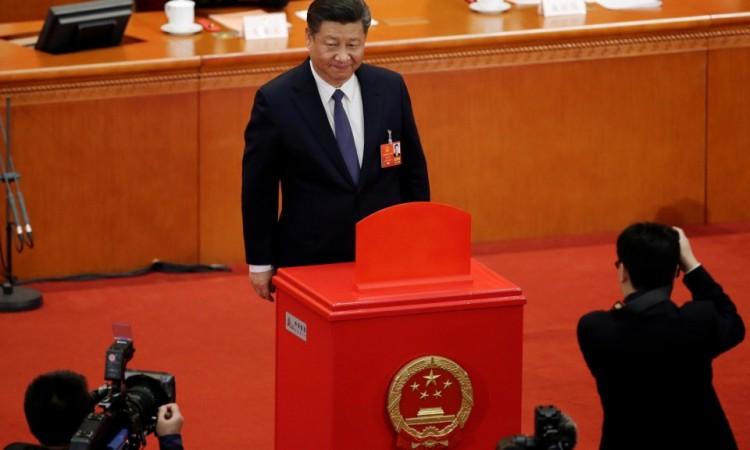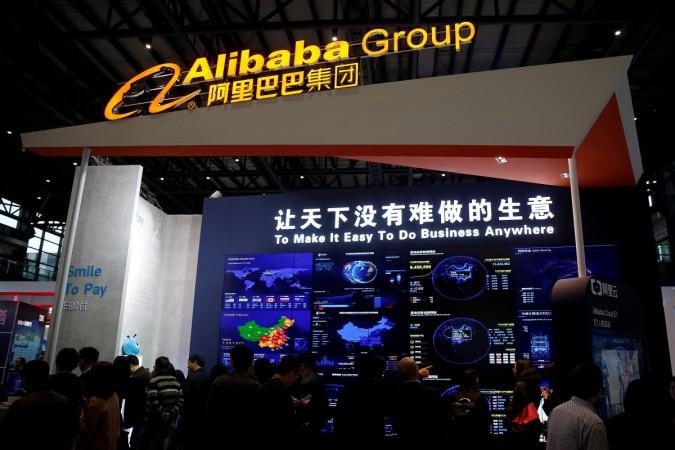
Chinese poet, writer and rights activist Liu Xiaobo died in prison on July 13, 2017, in a telling anti-climax to the movement he started in 2008 with vaulting ambitions. Liu died of a cancer that developed while he was serving an 11-year sentence for putting together the 'Charter 08' a pro-democracy and human rights manifesto. The agonizing death of Liu in prison served to remind the world of another cancer that's growing within China.
Liu and his comrades were enthralled by the limitless possibilities that Internet offered in 2006. They thought the new medium will help "share important human rights information, enable citizens to mobilize, and promote a diverse civic discourse and government accountability." They believed that internet was "God's present to China.
Instead, Charter 08 was received with Chinese fury that knew no limits. Even after his death, references to Liu are totally blacked out across China's internet and social media platforms. The comprehensive state control over all information flows has only got tighter since the crushing of Charter 08.
China calls this cyber sovereignty. President Xi Jinping, whose absolute powers were extended ad infinitum recently, genially believes that cyber sovereignty is a regular step against all sorts of subversive acts. In China subversion unfortunately means free expression.
Democracy Wall Movement
A special report published on Tuesday by advocacy group PEN America details the rising cost of dissent in China. The report, 'Forbidden Feeds: Government Controls on Social Media in China' was sourced from the experiences of writers, poets, artists, activists and regular people on social media who were "threatened, detained, interrogated, fined, and even imprisoned for online posts over the past six years."
The report says that under the leadership of President Xi Jinping, China has expanded its grip over Chinese social media in three ways -- technological, legal and ideological. The Chinese 'Great Firewall' is a monster of a censor system fine-tuned to the maximum. It can censor citizens on social media, access their private information, and interfere with and surveil even private communications on social media platforms.

Under Xi Jinping, who transformed China's one-party rule into one-man rule, doesn't want to take chances with another 'Democracy Wall Movement' in the country. This had happened in the 70s when protestors put up wall-mounted posters on Beijing brick walls. These were a prelude to the message boards, online chat rooms and other social media channels.
The advent of Internet thus marked the beginning of the construction of the Great Firewall of China. "Chinese authorities quickly recognized its potential to foster public political debate and feared it could help trigger a Soviet Union-style collapse or a repeat of the political conflicts that they saw as responsible for China's disastrous Cultural Revolution"
Protecting power hierarchies
The turn of the century posed more challenges in the form of global behemoths that opened up new vistas of communication flow. And China moved quickly again. "China began expelling foreign social media outlets in the mid-to-late 2000s: Twitter and Facebook were both blocked from the country in 2009,116 while Google China voluntarily shut down in 2010 rather than comply with censorship mandates," the Forbidden Feeds says.
China's information war on its people means that its existence depends on how well it manages the nationalist sentiment online. That's why a whole array of words, and even letters, were banned on social media when parliament rubber-stamped Xi's rule for life. Going down to the very details of the linguistic conduct of the netizens is the only surefire way for the Chinese to protect the communist regime they have built up.
Searches of sensitive words and phrases such as 'democracy', 'Tiananmen' or 'June 4' were already banned. After Xi's elevation to the level of Mao, words like 'my emperor' and 'lifelong control' were banned. Also banned were words and phrases like 'immortality,' 'incapable ruler,' and 'I oppose'. 'Shameless;, 'disagree' and 'personality cult' were banned as well. Terms that denote a resistance to authoritarian rule were proscribed. Some examples are 'Animal Farm', '1984' and 'Brave New World'.
China knows that language controls thought and that its secretive power hierarchies can be preserved only through the worst forms of thought control.
For the full PEN report, click here.














